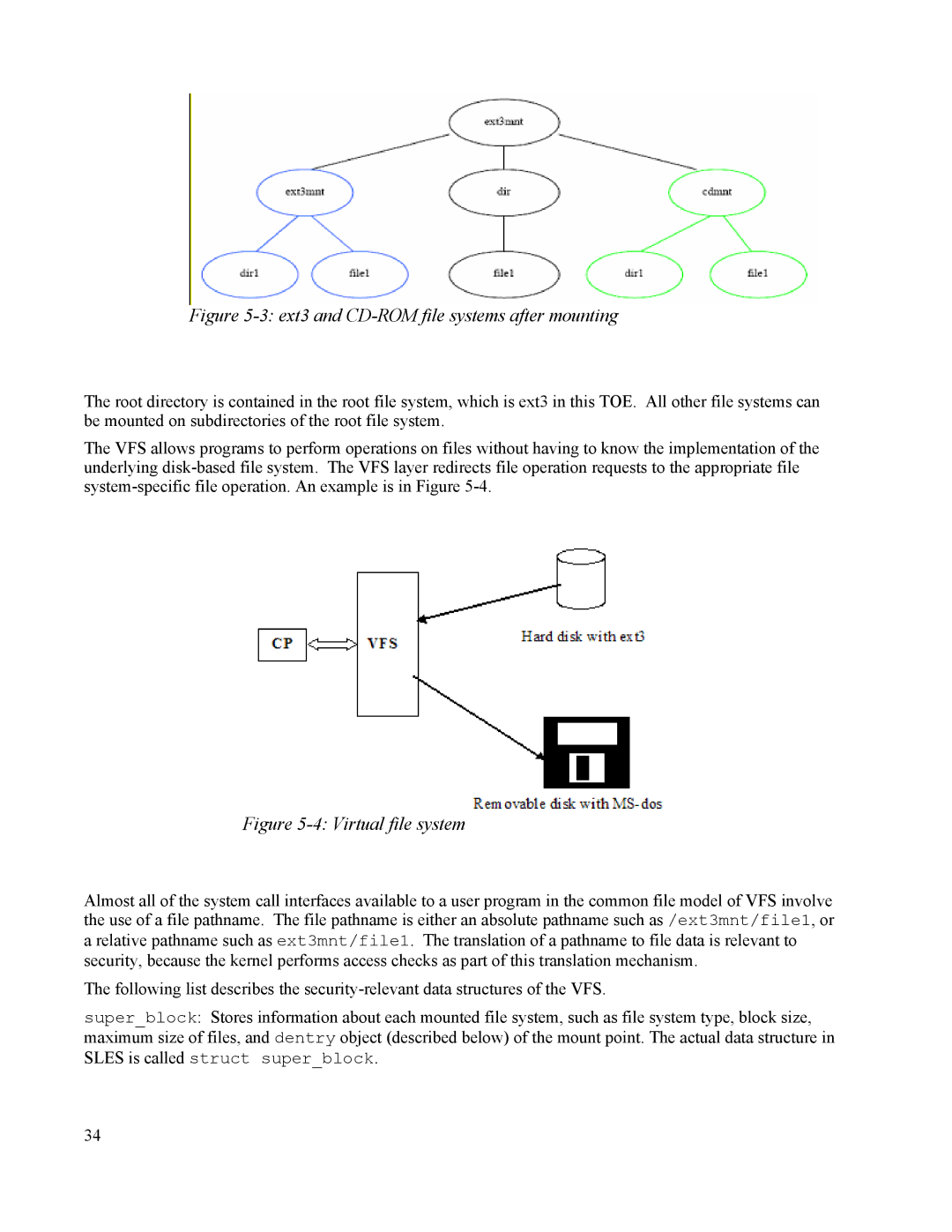
Figure 5-3: ext3 and CD-ROM file systems after mounting
The root directory is contained in the root file system, which is ext3 in this TOE. All other file systems can be mounted on subdirectories of the root file system.
The VFS allows programs to perform operations on files without having to know the implementation of the underlying
Figure 5-4: Virtual file system
Almost all of the system call interfaces available to a user program in the common file model of VFS involve the use of a file pathname. The file pathname is either an absolute pathname such as /ext3mnt/file1, or a relative pathname such as ext3mnt/file1. The translation of a pathname to file data is relevant to security, because the kernel performs access checks as part of this translation mechanism.
The following list describes the
super_block: Stores information about each mounted file system, such as file system type, block size, maximum size of files, and dentry object (described below) of the mount point. The actual data structure in SLES is called struct super_block.
34
